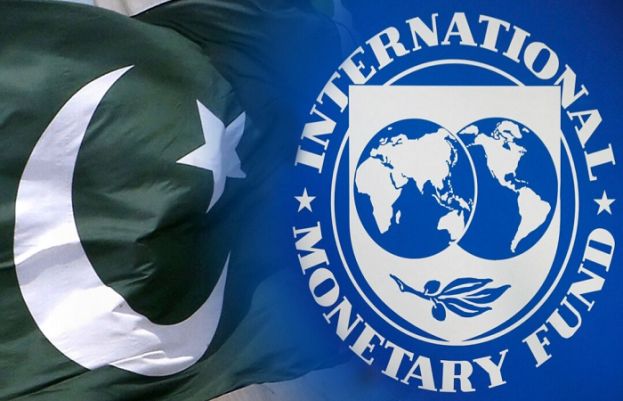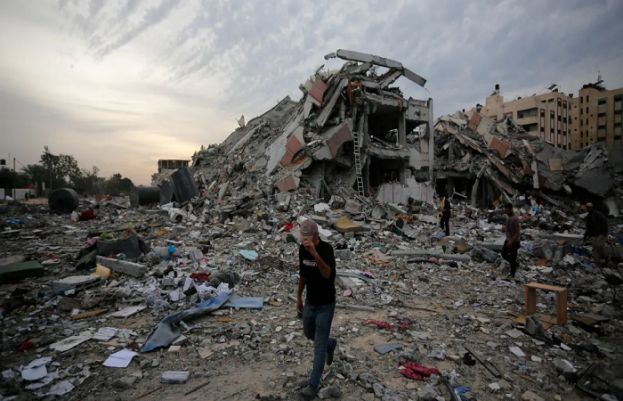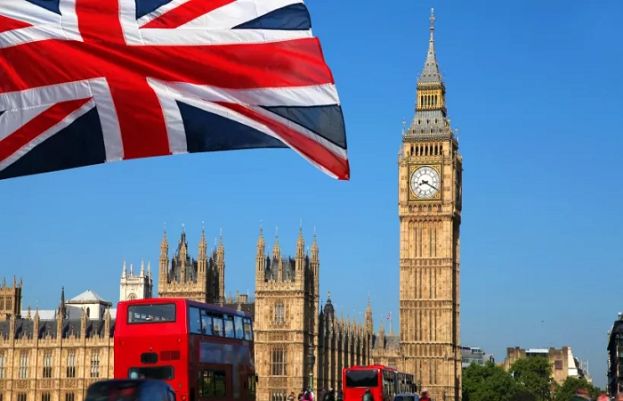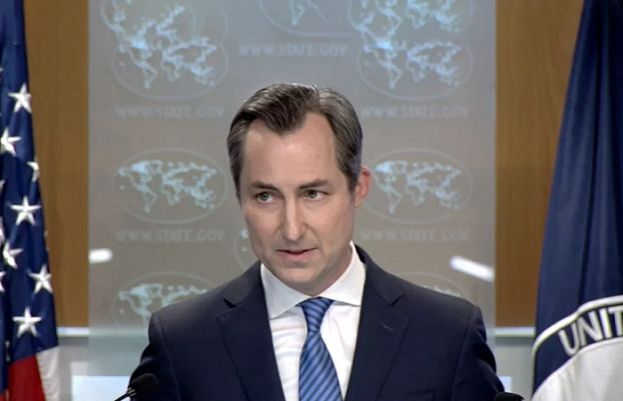
“The IMF team has reached a staff-level agreement with the Pakistani authorities on the second and final review of Pakistan’s stabilization program supported by the IMF’s US$3 billion,” Nathan Porter, who led the IMF delegation, said in a statement.
The statement added that the agreement would be subject to approval by the IMF’s executive board after which the SBA’s final tranche worth $1.1 billion will be released.
IMF also said that Pakistan’s economic situation has improved over the course of the reviews, particularly with help from firendly countries.
“Pakistan’s economic and financial position has improved in the months since the first review, with growth and confidence continuing to recover on the back of prudent policy management and the resumption of inflows from multilateral and bilateral partners,” IMF said.
The Fund’s statement noted that economic growth would remain ‘modest’ this year and inflation would also remain above target.
IMF also confirmed that Pakistan has expressed interest in securing a medium term fund facility.
“The authorities also expressed interest in a successor medium-term Fund-supported program with the aim of permanently resolving Pakistan’s fiscal and external sustainability weaknesses, strengthening its economic recovery, and laying the foundations for strong, sustainable, and inclusive growth,” IMF said.
IMF added that when talks about a longer deal do take place, they are likely to centered around strengthening public finances, restoring the energy sector’s viability, returning inflation to target, a more transparent flexible FX market and promoting private-led activity
According to media reports, the Fund has recommended raising excise duties on luxury goods.
IMF has recommended that cigarettes should receive the same excise duties regardless of whether they are imported or locally manufactured. The Fund has also recommended extending the same rule to electronic cigarettes.
Sources also told BR that the list of items that are considered excisable is too long and it will have to be shortened in the long term by removing items that do not generate significant revenue.
Previous reports have mentioned IMF demands on higher taxes for real esate and retail sector as well.











